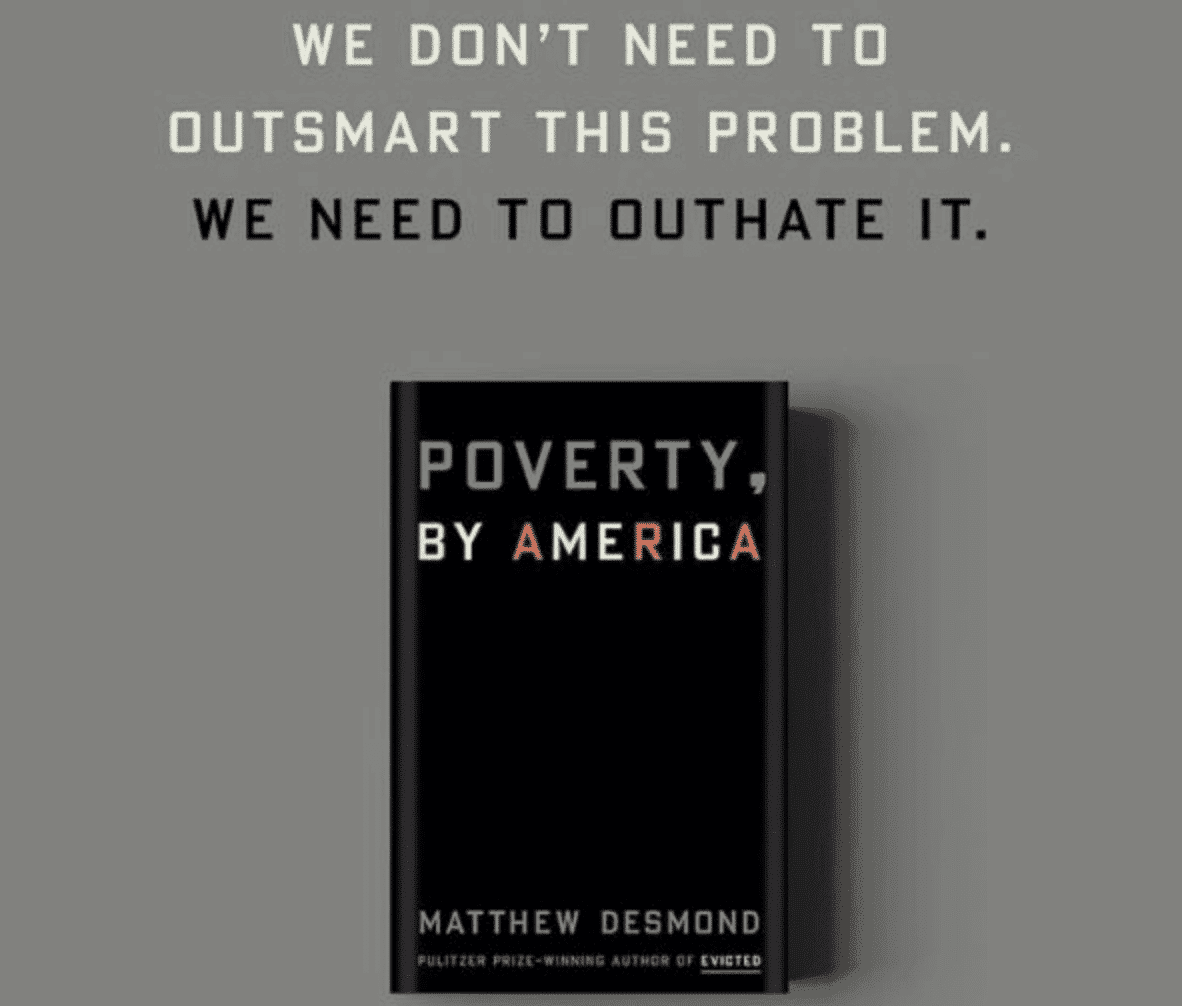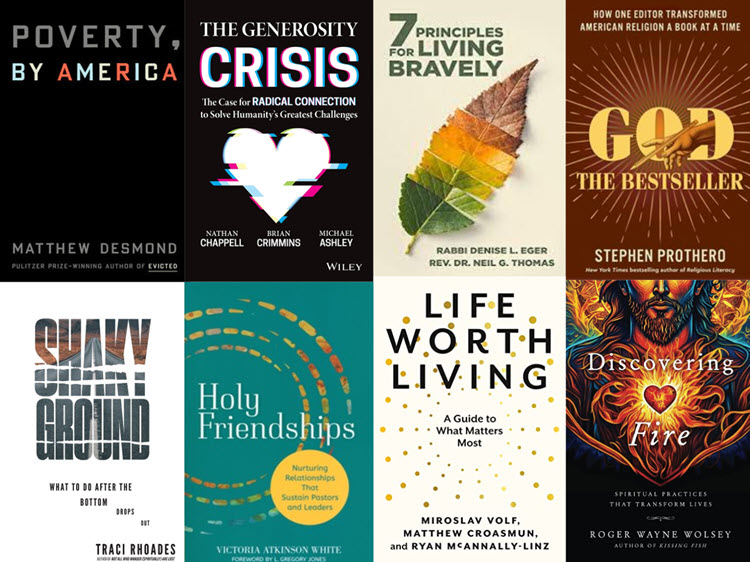
landlords in poor neighborhoods typically make double the profit as those in richer ones. Higher interest rates on mortgages when they can get one - and higher rent when they can't. Meanwhile, lower-income families locked out of those neighborhoods - disproportionately Black and Latinx - pay more at every turn.

Exclusionary zoning laws keep their segregated neighborhoods prosperous with well-funded schools, while concentrating poverty elsewhere. needs more affordable housing – where to put it is a bigger battleĭesmond notes that more affluent Americans also disproportionately benefit from subsidized retirement and college savings plans. But the accumulation has the effect of shifting one's brain ever so slightly to change the entire frame of reference. He packs in a sweeping array of examples and numbers to support his thesis and it can be overwhelming to absorb. Welfare dependency? Yes indeed, for the richer half. actually spends big on social programs - second only to France! - but gives the most to those who need it the least. Instead, Desmond lays out public policies, laws, and tax breaks to show how the U.S. This means Poverty, By America is not an immersive attempt to bear witness to suffering like Evicted. we the secure, the insured, the housed, the college educated, the protected, the lucky." But he says to understand poverty requires examining not just the relentlessly demonized 1% but "ourselves. His new book Poverty, By America, provides a provocative and compelling answer: It's because the rest of us benefit from it, and act to keep it that way.ĭesmond admits it feels rude to accuse ordinary people of exploiting others, especially as many don't even realize they're doing it.

has more poverty than any other advanced democracy. After Matthew Desmond won the Pulitzer for Evicted, about families struggling to stay housed, the Princeton sociologist realized he still didn't understand why the U.S.


 0 kommentar(er)
0 kommentar(er)
